By Don Neeper, John Bartlit
"Going on four years now, lobbyists for New Mexico’s oil and gas industry have said the “Pit Rule” should be based on sound science.
If they wanted to be judged on facts, they would supply a decent sampling of information. Instead, their pitch crumbles into raw politics as other information pops out in print.
The full story begins with the hundred thousand oil and gas wells drilled in New Mexico over the years, and continues with the tens of thousands of new wells slated to be drilled. Each well has a surrounding work area, called a “drill pad,” of one to five acres, accessed from the highway by a network of dirt roads long enough to reach every well.
Where geologic formations hold substantial oil and gas, the result resembles a giant Chinese checkerboard of well sites laid on ranch land, forest land or BLM land.
As with car exhaust, problems that are small at first grow as they occur on a larger scale. A notable issue is what happens with the drilling wastes.
“Drilling wastes” include “drilling mud,” a commercial product of clay and unstated ingredients that works as a lubricant and pressurant in drilling. Then come wastes of crude oil and salt from brine.
The industry aims to bury its highly salty wastes at the well sites, or “pits.” This would not be too bad if the salt would never move and no one would ever disturb the land.
But if the salt dumped in the land moves, as by rainfall, water in soil or a future use of land, bad things happen. The loss is to the land if the salt moves up or spreads out. The loss is to aquifers beneath if salt moves downward.
What is known and not known about the science of salt moving in soils and key factors like the lifetimes of thin plastic pit liners, occupied 17 days of expert technical testimony, most of it hired, at state hearings on the Pit Rule. To test for truth, every technical witness is subject to lengthy cross-examination by teams of lawyers, also hired, working to spot holes in the testimony.
But don’t take my word for it; see the 5,075 pages of verbatim record and technical exhibits from the hearing.
The two years of work plus weeks of testimony yielded final rules known collectively as the “Pit Rule.”
After the rule was adopted, the industry went to the governor to get it relaxed. With the governor’s weight in the picture, a new hearing raised the limits on salt buried widely in pits or trenches.
Now another piece of news shows up, hoping to muddle the science with more politics. On the Internet, Susana Martinez, candidate for governor, declares, “The pit rule has no scientific basis and must be removed immediately.” As tutored by the oil and gas lobby, her one-liner ignores the sum of the 5,075-page hearing record.
The political hopeful also shaves the economics down to nothing, again tutored by the oil and gas lobby. She declares: “It’s costing our state millions of dollars in revenue.
Revenue from the gas and oil industry is down from 21 percent (in past years) to around 13 percent in 2009.” (Artesia Daily Press, Dec. 23, 2009).
This sliver of fact ignores the big story printed on the front page of the Albuquerque Journal a month earlier on Nov. 20. The headline read: “N.M. Falls Hard Into Recession — Federal Reserve official says energy-producing states hurting.”
The Journal story says energy-producing states are being hit by low demand and low prices for oil and gas. As the overall economy fell, energy demand fell, the effect of which is now hitting energy-producing states, such as “New Mexico, Colorado, Oklahoma and Wyoming.” The cause is not N.M.’s Pit Rule. In all states, oil revenues are down because oil prices are down.
The Federal Reserve analyst said, “I think we hit the life-time low in oil prices last summer. The lower energy prices help the national economy recover but hurt energy producers.”
The front-page news also reports: “Meanwhile, natural gas prices are being depressed by abundant new supplies coming from shale deposits in Texas, Arkansas and the eastern United States.”
The public could judge oil and gas on facts, if the industry lobby did not cover up the science record and economic facts.
Article link>>>>

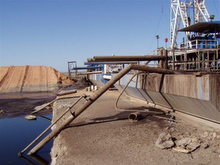



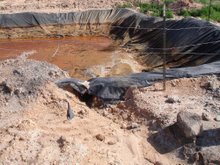

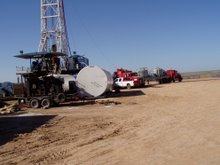
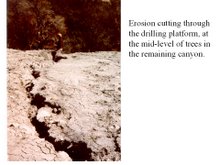
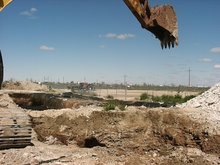
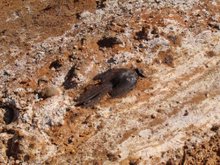
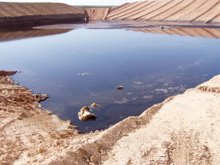
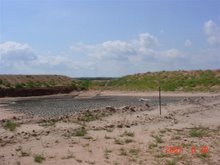
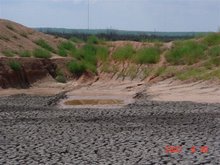
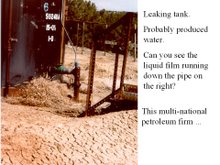
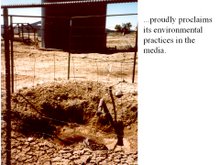
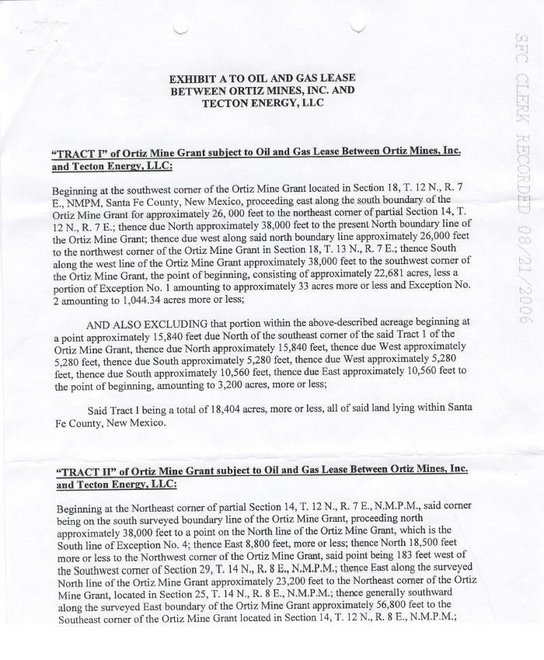
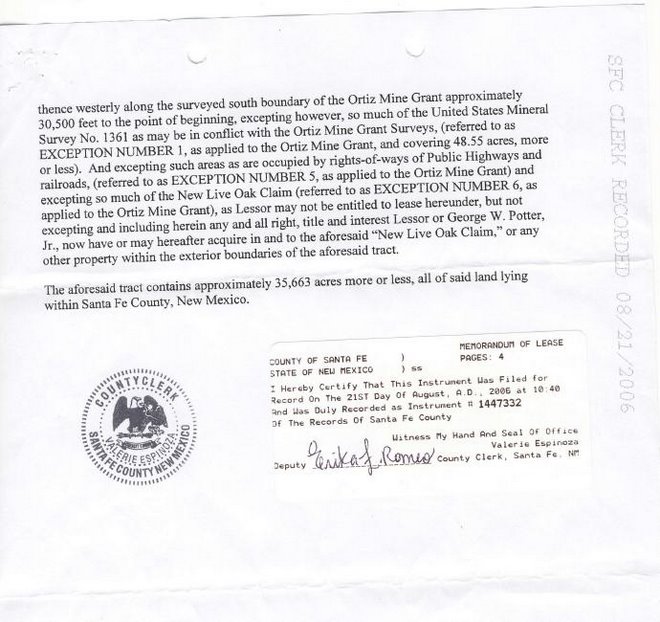
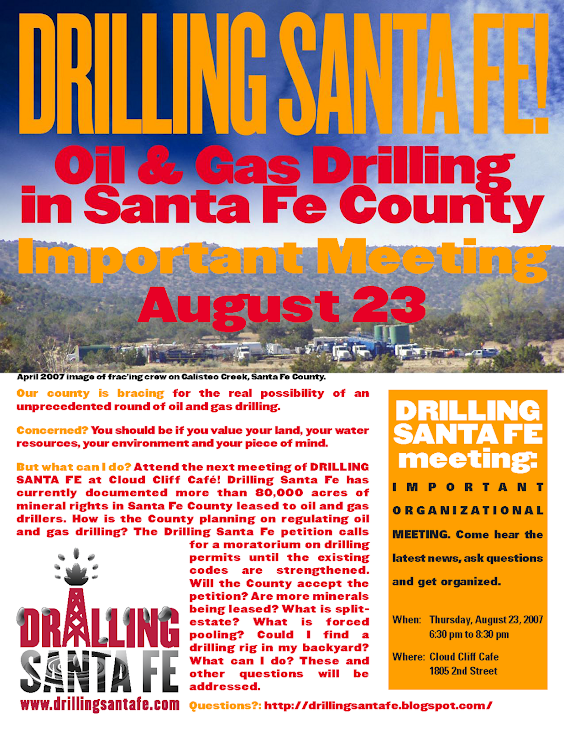

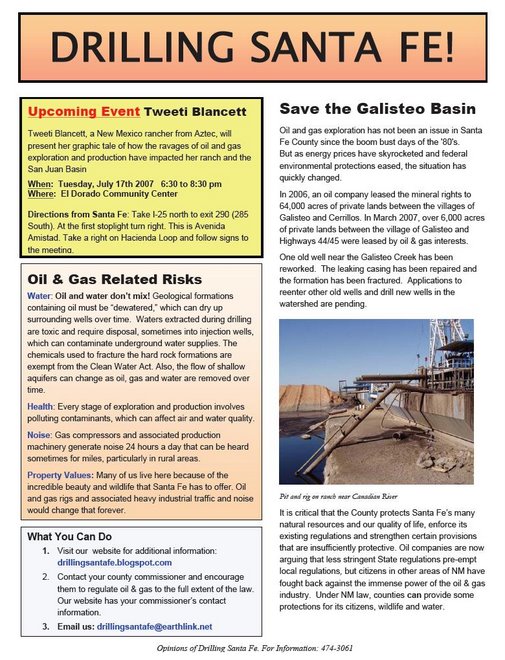
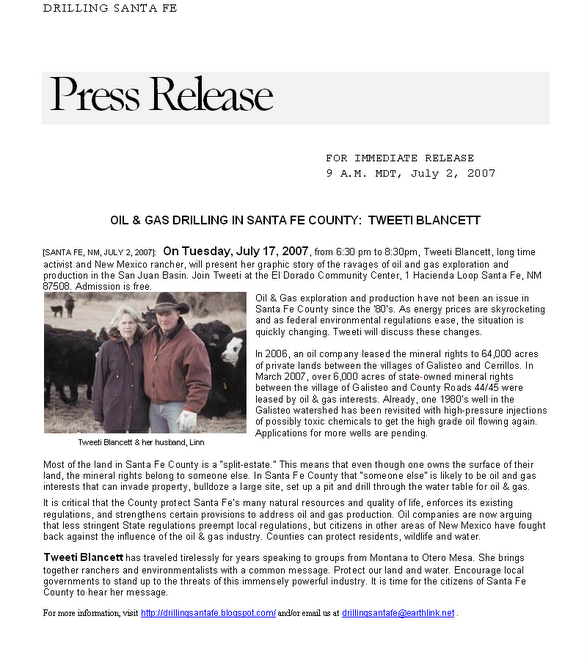
No comments:
Post a Comment